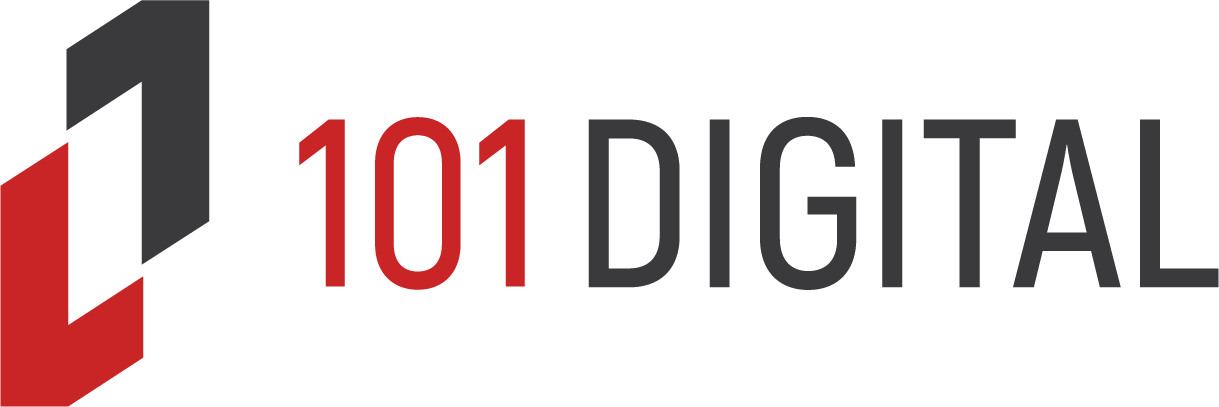Are your employees trained to recognize tech support scams? These nefarious phishing attacks attempt to play on the trust you have established for reputable companies and scare you into giving up sensitive information.
Tech support scams are extremely common. Do you know how to recognize the signs?
It usually starts with an unexpected phone call. The caller claims to be from the tech support department of a well-known company you trust – typically Apple or Microsoft. Inciting a sense of urgency, this person informs you that your device is infected with a virus, throwing in many technical terms in order to confuse you. “You need to take immediate action,” they say. That’s when they ask for remote access to your device to perform a security scan.
Many people panic, and that’s what the hackers are counting on. These calls are designed to catch you off guard and scare you. Panic makes users less likely to second-guess the story they are being told, and more likely to grant the hackers the access they want.
This exchange may not always begin over the phone. Hackers also use pop-ups. You are familiar with pop-ups from your operating system that remind you to perform a software update, or notifications from your antivirus provider. A tech support scam pop-up is designed to look more alarming than these routine notifications, and will often provide a phone number for you to call – something you will never see from the legitimate sources mentioned above. Once you call the number, they will work to convince you they need sensitive information, like credit card details for anti-virus software, or remote access to your device to find and purge the virus.
The hacker’s goals are usually to:
- Change the computer settings to make the device more vulnerable
- Collect credit card information to charge the user for fake cybersecurity services
- Collect personal information like the user’s social security number and date of birth that can help them hack additional accounts
Like many types of phishing attacks, in tech support scams, the hackers rely on user error in order to infiltrate your network. That means that well-trained employees are your best line of defense. If you or one of your employees sees a pop-up or get a phone call like this, don’t panic. Instead, hang up, or say you will call them back, and ask to take down their phone number. Then, call a trusted Managed Service Provider like 101 Digital. We can walk you through the steps to identify if your device is really at risk, or if this is an attempted phishing attack. It is always safer to contact a trusted Managed Service Provider instead of dialing a phone number from a pop- up or granting remote access to an unexpected caller. When it comes to network security, you can never be too cautious.
Even with training, mistakes happen, and you will need a backup plan. You will want to have a protocol in place in case your network is exposed. Managed Service Providers like 101 Digital can help you shore up your defenses. We help you and your employees recognize common hacking tactics, and we can monitor your network so that attacks are caught as soon as possible.
Hackers want to take advantage of you and your employees, but you don’t have to let them exploit you or your team. Contact 101 Digital to defend your business.
